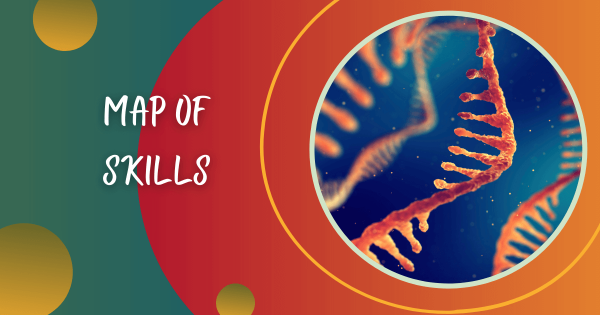Let’s begin with a story. One day, Mark decided to leave his car at home and use the bus to get to work and to take his daughter to school. Sara was very excited because she hardly ever rode in a bus as her father would take her everywhere in his car. Sara’s mom woke her up and they had
STEAM
-
Dr Keith Explores: Water and Pollutants
Today’s talk begins with a small activity. Take a clean, clear glass and put some tap water into it. Set it down and examine it carefully. Most likely you will see nothing in the water. It looks clean and pure and it probably is safe to drink. Take another clean glass and do the same thing, but this time, place -
Eduporium Weekly | Shifting STEM Education Into Focus
With the obvious shift to jobs centering on STEM-rich areas, schools are gearing up to educate their students on science, technology, engineering and math in earlier grades and in more rigorous ways than in the past. The presence of and necessity for STEM skills in the 21st century is showing to be truer than ever. -
5 Inexpensive Classroom Tools Worth Using
After logging reading, students are automatically prompted to answer one Common Core-aligned comprehension question. They earn Wisdom Coins for logging reading and answering questions—they use these to buy virtual accessories for their Owlvatar. The more they earn, the more they can buy in the Owl Store; a surprising motivator. -
Map of Skills | Discovery of RNA Sequences
In this “Map of Skills,” Kaila Deiorio-Haggar, a Ph.D. Researcher at the Meyer Laboratory of Boston College, describes her work on autogenous ribosomal elements in bacteria. She uses computational frameworks to discover autogenous ribosomalelements in bacteria and talks about the computational alignments of genomic structures. -
Dr. Keith Explores: Water & Chemicals
Remember that list we made? I made a short list as well and one product contains isopropyl alcohol, 2-butoxy-ethanol and ammonia. I have another item that has a warning label that a poison control center should be contacted immediately if the product is swallowed. The product is to be used to clean surfaces like counters and bathroom sinks and tubs. -
Map of Skills | Teaching Voice and Singing
Some want to learn how to sing for the joy of singing. Others want to make singing their career—they want to record albums, audition for major talent competitions, or be signed to labels. See what kinds of technology Maya and her students use in order to maximize their talent and leverage the potential of various STEAM tools. -
Introduction to Video Production, Part 2
In this second part of “Intro to Video Production,” Eli introduces popular video editing programs for advanced production. What if you are looking for something more advanced? What if you have come and gone with iMovie or Lightworks and it’s just not doing it for you anymore? Keep reading to learn about more of our suggestions. -
Introduction to Video Production, Part 1
Staff Writer Eli Kell-Abrams sheds light on the world of video production.”Oh the times, they are a-changin’.” It was as true in 1964, when Bob Dylan first said it, as it is now. It’s a new day, a day filled with screens, technology, and flashing lights. A day where famous books are now being overshadowed by the motion pictures made -
Raising The Grade: Manipulating Math Learning
Many elementary students would need to use manipulatives to solve the division problem above, probably by counting out 30 of some object then partitioning them into groups of six. But, how come as an adult, you were able to solve this problem without manipulatives? Is it because you learned math in school without manipulatives?












